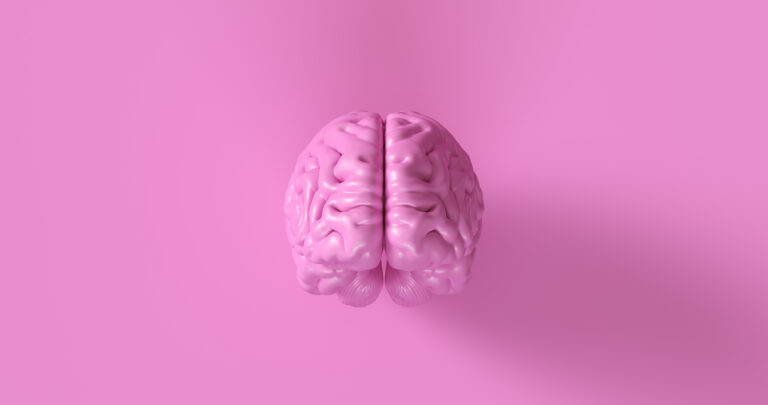Water aerobics is a fun and refreshing form of exercise that involves performing various movements and exercises in a pool. It is a low-impact workout that is suitable for people of all ages and fitness levels. Not only does it provide physical benefits, but research has also shown that water aerobics can have positive effects on cognitive function as well.
Cognitive function refers to the mental processes that help us think, learn, and remember information. As we age, these processes may begin to decline, leading to memory loss, slower thinking, and difficulty in learning new tasks. However, engaging in regular physical activity, such as water aerobics, can help improve cognitive function and prevent or delay cognitive decline.
One of the main ways water aerobics can provide low-impact cognitive benefits is through its impact on the brain. When we exercise, our bodies release certain chemicals, including endorphins, dopamine, and serotonin, which are known to improve mood and reduce stress and anxiety. These chemicals also play a crucial role in promoting brain health and can even help with memory and learning.
Moreover, the buoyancy of the water in a pool supports our body weight, reducing the impact on our joints and muscles. This makes it an ideal form of exercise for older adults or those with joint pain or injuries. By reducing strain on the body, water aerobics allows individuals to exercise without causing additional stress or pain. This low-impact nature of water aerobics is vital in promoting cognitive benefits, as it allows individuals to engage in physical activity without being limited by physical discomfort.
Another way water aerobics can improve cognitive function is by promoting blood flow to the brain. During exercise, our heart rate increases, and our blood vessels dilate, allowing more oxygen and nutrients to reach our brain cells. This increased blood flow can help improve brain function and cognition, such as memory and attention span. In fact, studies have shown that regular aerobic exercise can lead to an increase in the size of the hippocampus, the part of the brain responsible for memory and learning.
Furthermore, water aerobics can also benefit cognitive function through its social aspect. Exercising in a group setting and interacting with others can positively impact mental health and cognitive function. It can reduce feelings of isolation and loneliness, which are common risk factors for cognitive decline. Additionally, engaging in group activities can also provide mental stimulation and promote a sense of community, both of which are essential for maintaining cognitive function.
Aside from the physical and social benefits, water aerobics can also enhance cognitive function through the different movements and exercises performed in the pool. The resistance of the water requires more effort and coordination, challenging the brain to adapt and improve motor skills. This constant engagement of the mind and body can help promote neuroplasticity, the brain’s ability to form new connections and adapt to changing environments.
In addition to these low-impact cognitive benefits, water aerobics has also been found to be an effective stress reliever. Stress has been linked to cognitive decline and can affect memory and learning. As mentioned earlier, water aerobics can help reduce stress by promoting the release of endorphins, which can positively impact cognitive function.
In conclusion, water aerobics is not just a fun and refreshing form of exercise, but it also provides numerous low-impact cognitive benefits. Its impact on the brain, blood flow, social aspect, and movements and exercises performed in the pool all work together to promote brain health and cognitive function. So if you’re looking for a low-impact workout that not only benefits your physical health but also your mental well-being, give water aerobics a try. Your brain will thank you for it.





